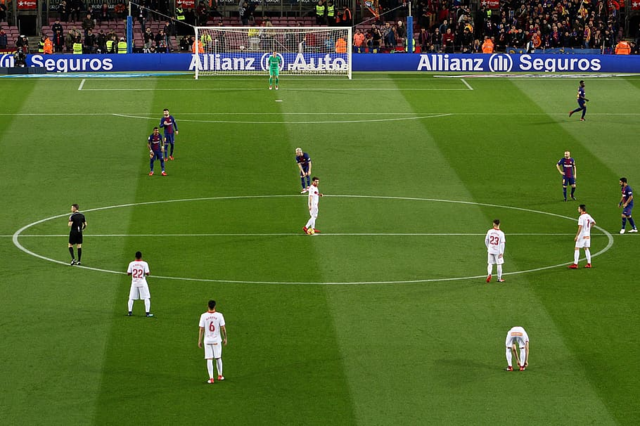Statistical analysis of a soccer match: How numerical information improves team performance
Soccer is a very popular sport all over the world and Statistics are an important tool to understand how it works. This article analyzes a soccer match between Real Madrid and Barcelona, highlighting the most relevant statistics for this sport, like the goals scored, the shots on goal, the fouls committed and the possession percentage.
Real Madrid won the match 2-1 and it can be seen that they had more opportunities to score and took better advantage of these opportunities. Statistical analysis is a key tool to understand which teams are most successful on the field.




